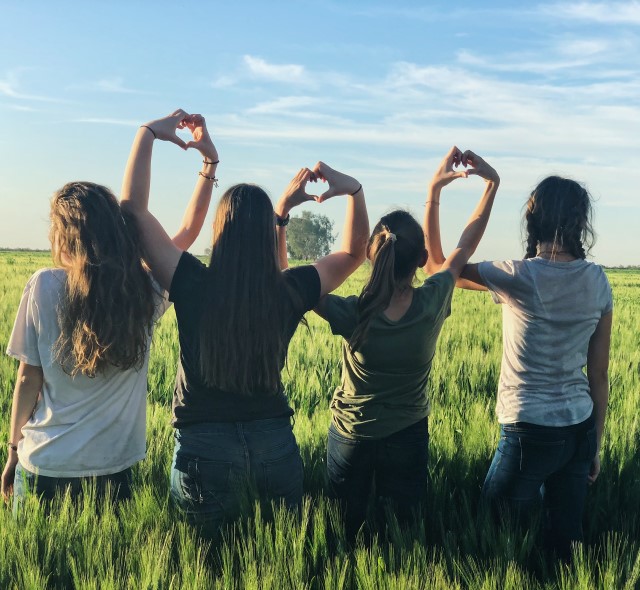- UNIFORM BY SCHOOL
- Girls School Uniform
- Boys School Uniform
- Skirts
- Boys Trousers
- Girls Trousers
- Polo Shirts
- Blouses
- Shirts
- Blazers
- PE Kit
- Clearance


Girls School Uniform


Boys School Uniform


FREE delivery - Ends Monday at Midnight
(X)







The recent pandemic has left its mark on young people’s mental health and the start of a new school year can often bring anxieties and worries to the surface.
Before the start of a new school year there’s often a few tears before bedtime when children are nervous about going back to school. They’ve just had six weeks off and might not have seen their friends much over the holidays, or they might be going back to a new school altogether.
Youth Mental Health Day encourages understanding and discussion of mental health in young people so they can live happy and healthy lives all year round.
Taking place on Thursday 22nd September, the day aims to get young people, and those who support them, talking about how to improve mental health.
According to Stem4, the charity that founded Youth Mental Health Day in the UK, 1 in 4 young people now say they feel socially anxious, lonely, and overwhelmed. They also say that most (70%) young people aspire to ‘just being healthy and happy’.
This year’s Youth Mental Health Day will focus on how young people can #connectmeaningully. This has come about from research showing that our social and in-person connections with friends, family and wider community make us happier and healthier, both physically and mentally.
Young people are invited to reflect on how their relationships have changed over the last couple of years. They’ll be asked to share how they can make genuine connections and foster positive relationships that support good mental health.
Some of our most important friendships are forged during our time at school. If your child is changing schools or moving up to secondary school they might be feeling nervous about making new friends, or how current friendships might change. There’ll be new teachers and new routines to learn, and they’re also going from being the oldest to the youngest in the school, which could affect their confidence.
It’s natural for parents to worry about their children making meaningful connections at school, but it’s important not to interfere too much.
Sometimes it’s not all plain sailing – friendships can change, there will be fallings out as children try to discover who they are and where they fit in. By letting kids work out differences by themselves, you’re helping them to develop important life skills.
There are things you can help them with when it comes to making new friends and connections.
No matter what age you are, when you’re in a new workplace, school or situation, talking to new people can be hard. Help your children by thinking back to when you’ve been in a new situation. What did you say as ‘icebreakers’ to make new connections? You might have complimented someone on their outfit or asked something about them – where they lived or what they did at the weekend – all these can be transferred into the playground too.
Reward positive behaviour – your child might have befriended or just been kind to another child who might not have known anyone at school. Tell them you’re proud of them, and why. They don’t have to become best friends but sometimes a kind face and kind words can make a meaningful difference to the new kid.
We’ve all learned over recent years that looking after our mental health is just as important as our physical health. This starts at such a young age, and while we and our children might not always feel in positive 100% of the time, it’s important to recognise when we don’t and why.
The charity has some great information for young people to download but there’s also lots of advice for parents to help your children too. And finally, don’t put too much pressure on yourself – there might be a few weeks of ups and downs before they feel settled again. If you’re really worried about your child, please speak to your GP for professional support.

